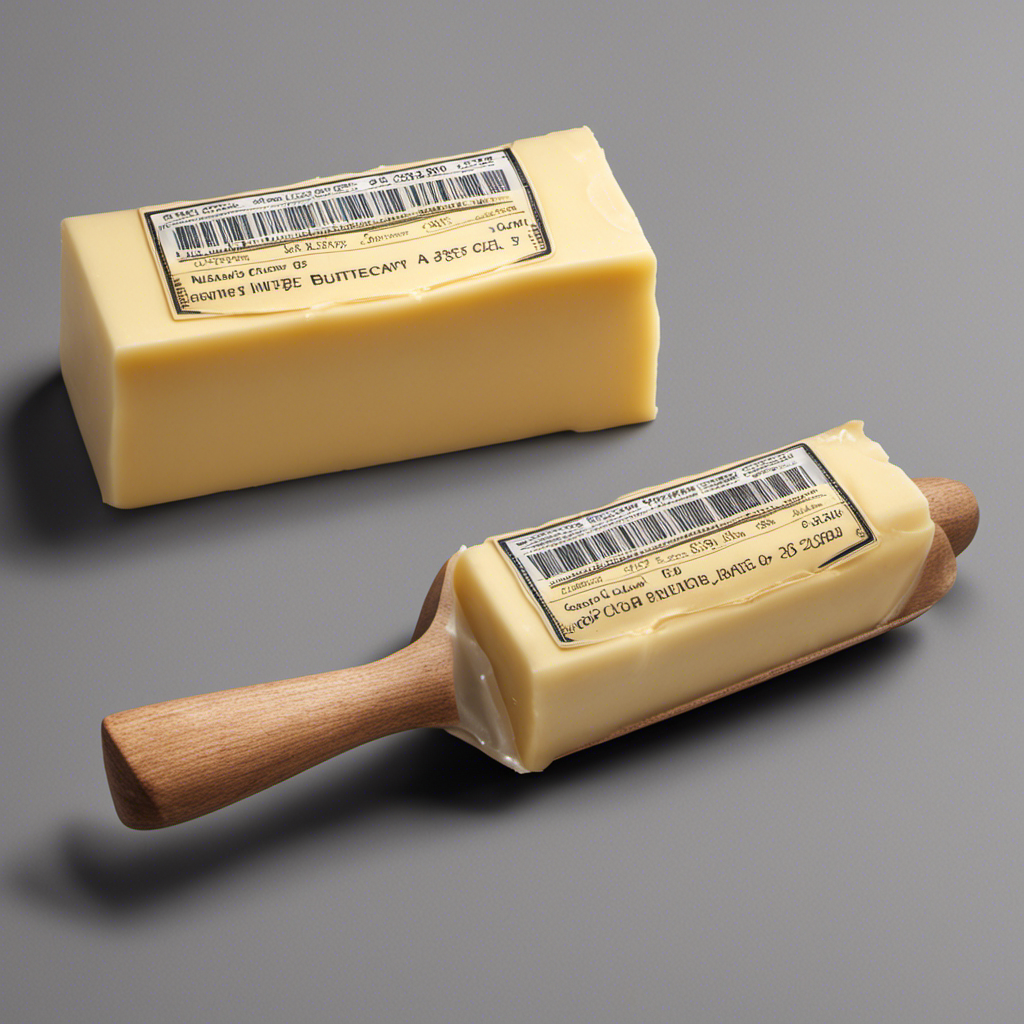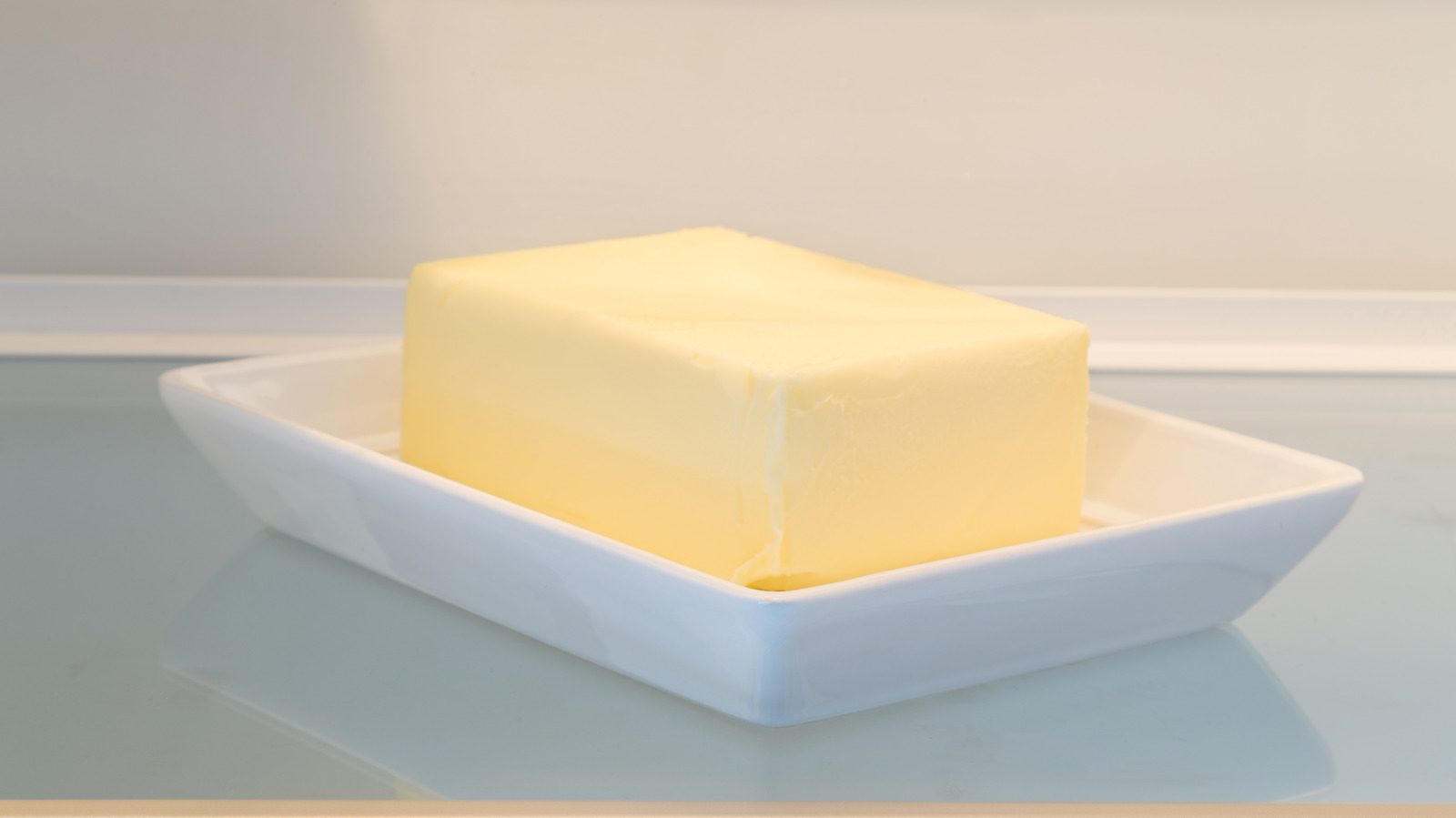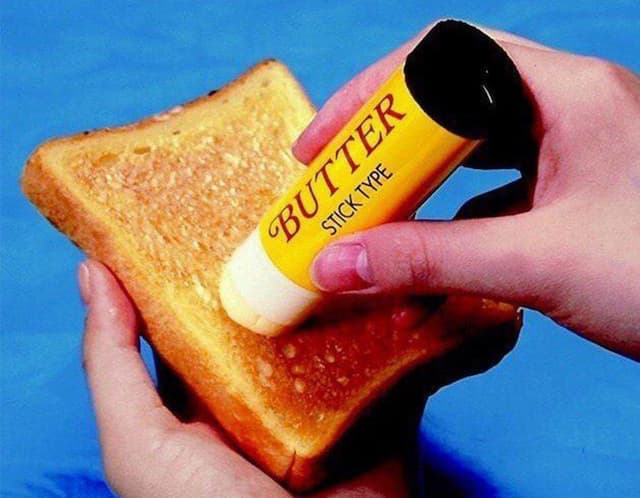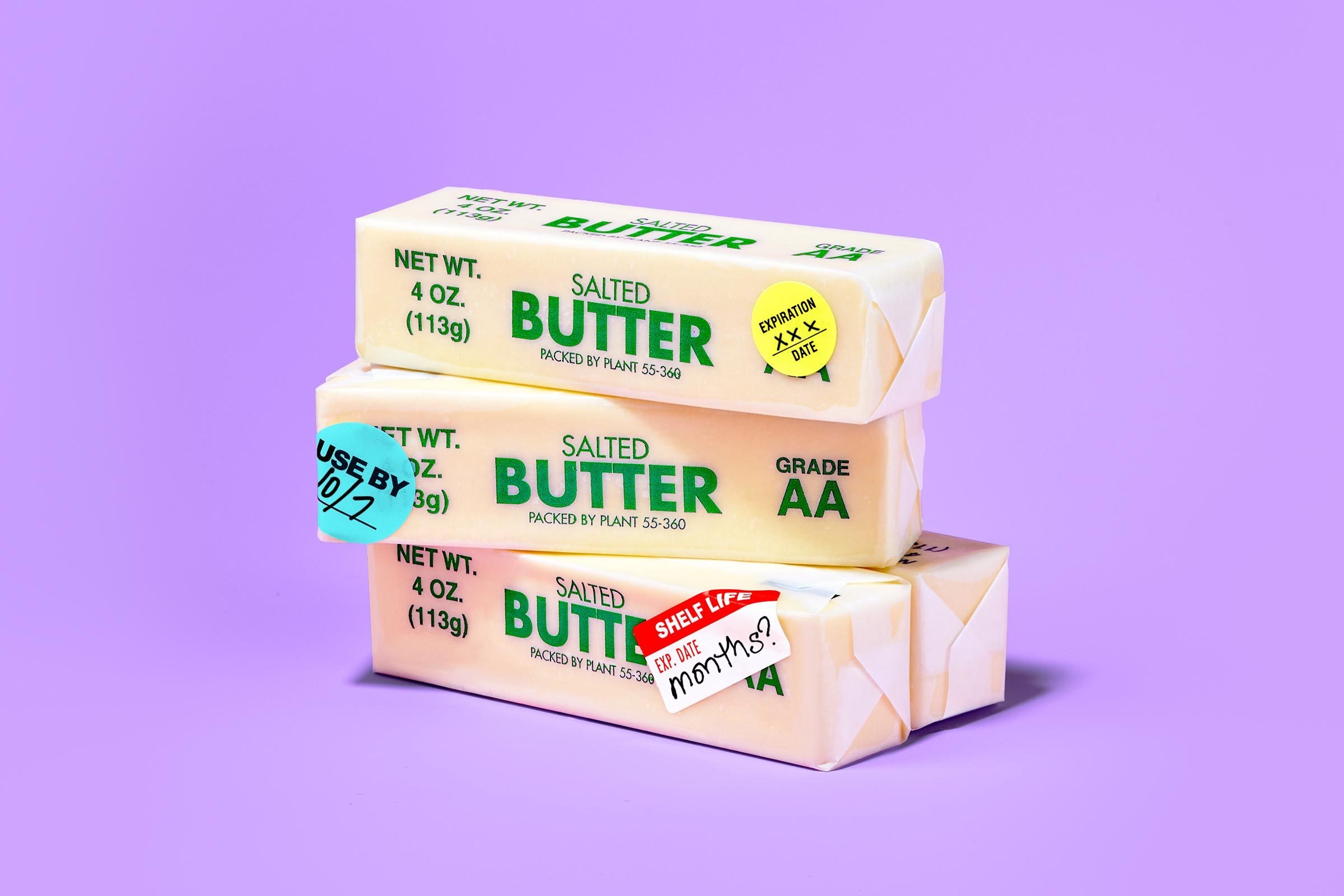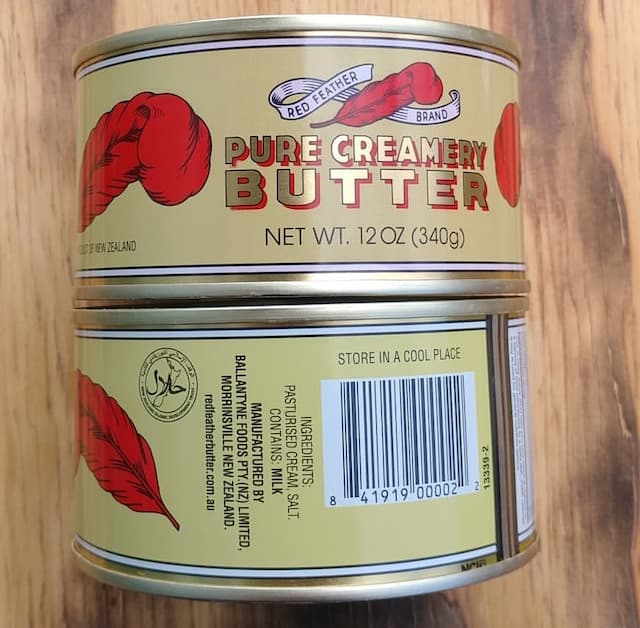How Long Does Butter Last After Expiration Date

The creamy, golden slab sits in your refrigerator, a staple for toast, baking, and countless culinary creations. But a nagging question lingers: that date stamped on the package – can you really trust it? Consuming spoiled food can lead to unpleasant, even dangerous, health consequences, making the uncertainty surrounding expiration dates a legitimate concern for households everywhere.
This article dives deep into the complex world of butter expiration, separating myth from fact. We'll explore how long butter truly lasts beyond its printed date, focusing on storage conditions, different types of butter, and the telltale signs of spoilage, drawing upon insights from food safety experts and reputable organizations. Ultimately, this guide equips you with the knowledge to confidently determine whether that butter in your fridge is safe to use, minimizing food waste and safeguarding your health.
Understanding "Expiration" Dates: A Misnomer?
The dates stamped on food packaging are often misunderstood. Most dates, including those on butter, are actually "best by" or "sell by" dates, indicating peak quality rather than absolute safety. The USDA explains that these dates are manufacturers' suggestions for when the product will be at its best flavor and texture.
However, food can still be safe to consume after this date if stored properly. It's crucial to understand the distinction between quality and safety when evaluating a food item's edibility.
Butter's Shelf Life: Factors at Play
Butter's longevity is significantly affected by several factors. These include the type of butter (salted vs. unsalted), storage temperature, and packaging.
Salted vs. Unsalted Butter
Salted butter generally lasts longer than unsalted butter due to salt's preservative properties. The added salt inhibits the growth of bacteria, extending its shelf life.
Unsalted butter, lacking this natural preservative, is more susceptible to spoilage. Consequently, it should be used more quickly or stored with extra care.
The Importance of Proper Storage
Refrigeration is paramount for maintaining butter's quality and safety. Butter stored in the refrigerator should remain usable for up to 1-3 months past its "best by" date.
Freezing significantly extends butter's shelf life. Frozen butter can last for 6-9 months without substantial degradation in quality.
Packaging Matters
Proper packaging is critical for preventing butter from absorbing odors and flavors from other foods in the refrigerator. Original packaging, tightly sealed, is often the best defense.
For longer storage, consider wrapping butter in freezer-safe paper or placing it in an airtight container. This prevents freezer burn and maintains its flavor.
Recognizing Spoilage: Signs to Watch For
Even with proper storage, butter can eventually spoil. Knowing the signs of spoilage is crucial for avoiding consumption of rancid or contaminated butter.
Visual Cues
Mold growth is a definitive sign of spoilage. Discard any butter that shows visible mold, regardless of the "best by" date.
Changes in color, such as darkening or discoloration, can also indicate that butter is past its prime. This is especially true for unsalted butter, which is more prone to oxidation.
Smell and Taste
A rancid or "off" odor is a clear indication of spoilage. Butter should have a fresh, slightly sweet smell.
Taste a small amount of butter if you're unsure about its quality. A sour or metallic taste signals that the butter has gone bad.
Expert Opinions and Recommendations
Food safety experts at organizations like FoodSafety.gov emphasize the importance of using your senses to evaluate food quality. Trust your nose and eyes - if something seems off, it probably is.
Dr. [Fictional Food Safety Expert Name], a renowned food microbiologist, recommends storing butter in the coldest part of your refrigerator, away from the door. "Temperature fluctuations can accelerate spoilage," she explains.
Several online resources, including reputable food blogs and consumer reports, provide similar advice. These sources consistently highlight the importance of proper storage and sensory evaluation.
Navigating Butter Substitutes
Margarine and other butter substitutes also have expiration dates and can spoil. The same principles of proper storage and sensory evaluation apply.
Generally, butter substitutes tend to have a slightly longer shelf life than butter due to the presence of preservatives. However, this varies depending on the specific product.
Conclusion: Smart Storage, Safe Consumption
Determining whether butter is safe to use beyond its "best by" date requires a multi-faceted approach. By understanding the factors that affect butter's shelf life, such as salt content, storage conditions, and packaging, you can make informed decisions about its edibility.
Regularly inspect your butter for signs of spoilage, including mold, discoloration, and off odors. When in doubt, err on the side of caution and discard the butter. Prioritizing food safety and avoiding unnecessary waste involves being vigilant and proactive in managing your food supply.
Ultimately, understanding the difference between "best by" dates and actual spoilage allows consumers to minimize food waste while ensuring they're consuming safe and high-quality products. Staying informed and practicing proper food handling techniques are the keys to confident and healthy eating.
